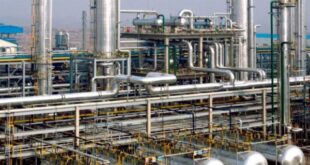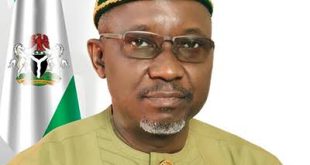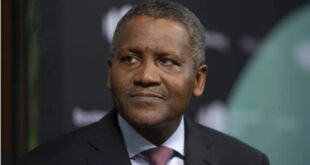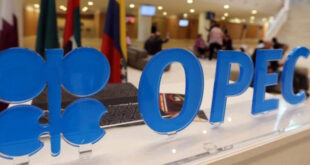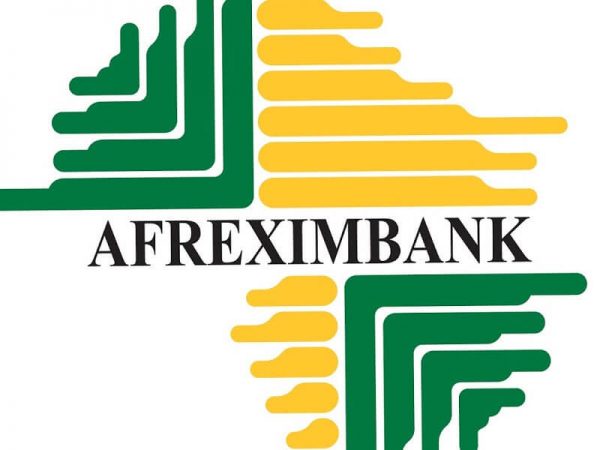
The Minister of State for Petroleum Resources, Dr. Ibe Kachikwu, and members of the House of Representatives exchanged words last week over the controversial crude oil for refined products exchange contracts between the Nigerian National Petroleum Corporation and some trading firms.
The contracts, which ran between 2010 and 2014, were worth over $24bn in value.
The swap deals involved the exchange of crude oil for refined petroleum products in which the corporation gave out part of its 445,000 barrels per day share crude allocation to the trading companies.
An ad hoc committee of the House chaired by an All Progressives Congress lawmaker from Kwara State, Mr. Zakari Mohammed, is investigating the swap contracts in which Nigeria was reportedly short-changed to the tune of billions of dollars.

Kachikwu, who doubles as the Group Managing Director of the NNPC, was neither the GMD nor the minister when the deals were signed.
He had been summoned by the committee to speak on the role of the NNPC in the deals, but the minister dismissed questions put to him on the grounds that he knew nothing about the contracts.
The committee asked specific questions on whether there was a bidding process that pre-qualified companies such as Duke Oil and Trafigura, the major crude lifters that participated in the deals.
Members of the committee also sought to know how the swap arrangement benefited Nigeria as against the direct importation of refined petroleum products.
But Kachikwu dismissed the questions and insisted that he would not answer because the transactions were in the past. His responses, however, infuriated members of the committee.
Mohammed, for instance, told him to stop behaving like the lawyer he is while appearing before a parliamentary committee.
“The lawyer in you keeps coming to the surface in answering these questions, but we are talking to you in your capacity as a minister and the GMD of the NNPC. You have to help this committee,” Mohammed stated.
Another member, Mr. Saheed Fijabi, while raising his voice, asked Kachikwu to act “responsibly” by answering the questions.
“You need to take more responsibility; it is your job. You are the GMD and also the minister. You must have met and studied some files, these things did not happen in 1970, but just 2014,” Fijabi said.
Kachikwu replied that he would prefer to talk on the policy direction of the NNPC as it concerned the future and not the past.
As he came under more pressure from the lawmakers, the minister later pledged to cooperate with the committee by providing any useful information that would guide its investigation.
Instead of the crude swap arrangement, he said the corporation would introduce a direct sale and direct purchase arrangement from next month.
According to the minister, the DSDP option eliminates all the cost elements of middlemen and gives the NNPC the latitude to take control of the sale and purchase of the crude oil with its partners, adding that the initiative would save $1bn for the Federal Government.
He said, “When I assumed duty as the GMD of the NNPC, I met the Offshore Processing Arrangement and like you know, there is always room for improvement. I and my team came up with the DSDP initiative with the aim of throwing open the bidding process.
“This initiative has brought transparency into the crude-for-product exchange matrix and it is in tandem with global best practices.”
According to him, the DSDP initiative whittles down the influence of the minister in the selection of bid winners as it allows all the bidders to be assessed transparently based on their global and national track records of performance before the best companies with the requisite capacities are selected.
Kachikwu spoke on subsidy payment, saying that the Federal Government did not pay any claims in January this year, but admitted that the figure for 2015 stood at N1.1tn.
In another twist to the investigation, the Federal Inland Revenue Service could not decide whether one of the trading firms, Trafigura, was supposed to pay tax to the Nigerian government or not.
The firm, which is not registered in the country, lifted over 12.5 million metric tonnes of crude but did not pay any tax to the government.
The committee had directed FIRS to look into the matter and report back, but the agency failed on Tuesday to give a legal position on Trafigura.
Its director, Mr. Peter Olayemi, who represented the agency, told the committee that he would have to read the contract agreements between the firm and the NNPC before deciding whether Trafigura was qualified to pay tax or not.
 MMS PLUS NG – Maritime, Aviation, Business, Oil and Gas News Online Newspaper with coverage in Maritime, Oil and Gas, Aviation, Power and Energy as well as Financial News
MMS PLUS NG – Maritime, Aviation, Business, Oil and Gas News Online Newspaper with coverage in Maritime, Oil and Gas, Aviation, Power and Energy as well as Financial News



